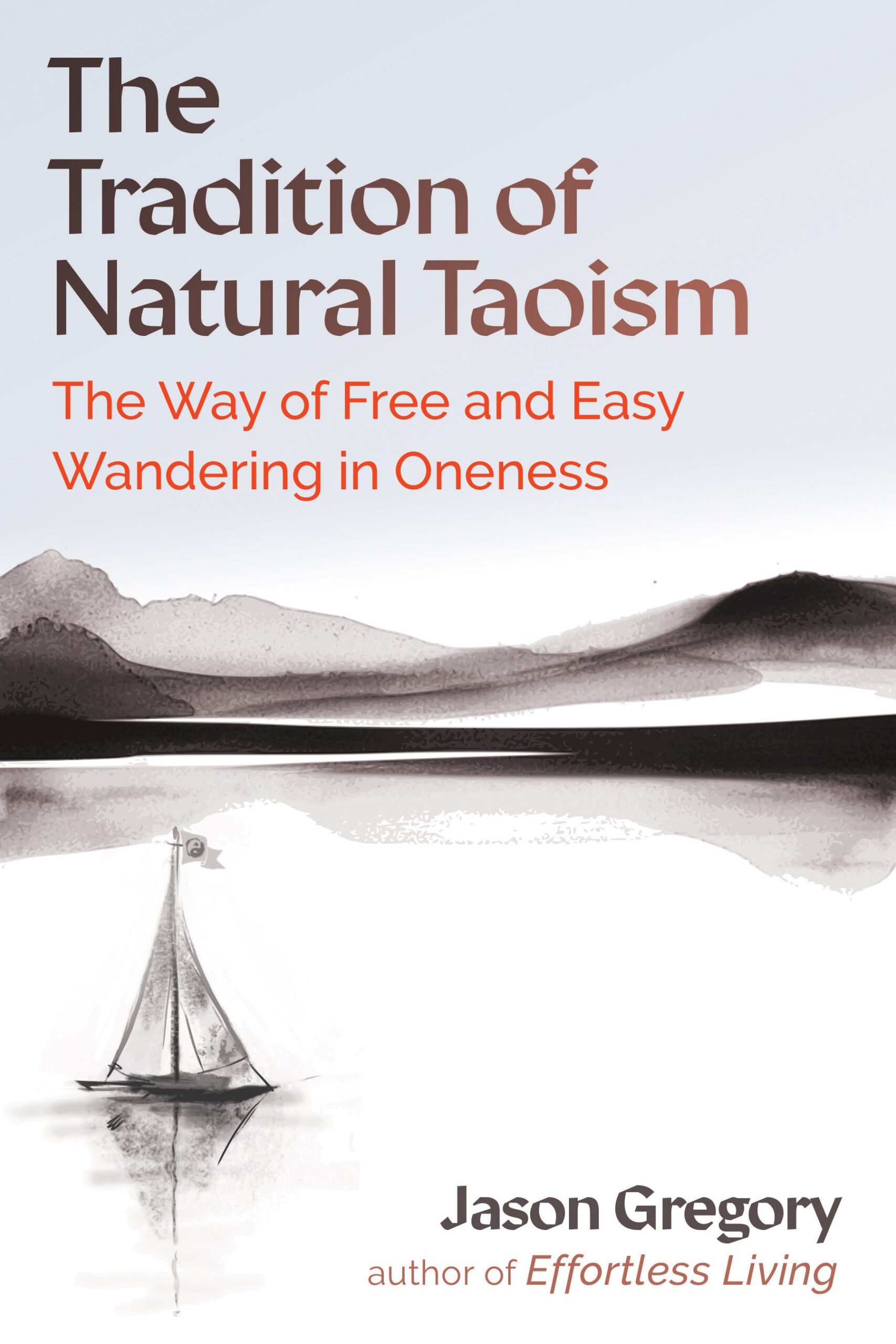In the episode of Enlightenment Today, I will explain how to experience everlasting bliss. In Vedanta, they speak of ananda, a bliss that is everlasting. But ananda is not an associated form of happiness, rather it is unassociated. Taoism also agrees with the views of Vedanta and have an identical view. In the Tao Te Ching, Lao-tzu explains that there is a contentment of contentment we can experience which is beyond partiality. Both traditions postulate that unassociated bliss is our true nature. But most of us don’t even know what that means, nor have we experienced it. We need to first ask ourselves, what does unassociated bliss really mean? And if it is true, what steps do we have to take to experience this everlasting happiness?
NOTE: This site directs people to Amazon and is an Amazon Associate member. As an Amazon Associate I earn from qualifying purchases, at no additional cost to you. The pages on this website may contain affiliate links, which means I may receive a commission if you click a link and purchase something that I have recommended. This goes a tiny way towards defraying the costs of maintaining this site.

